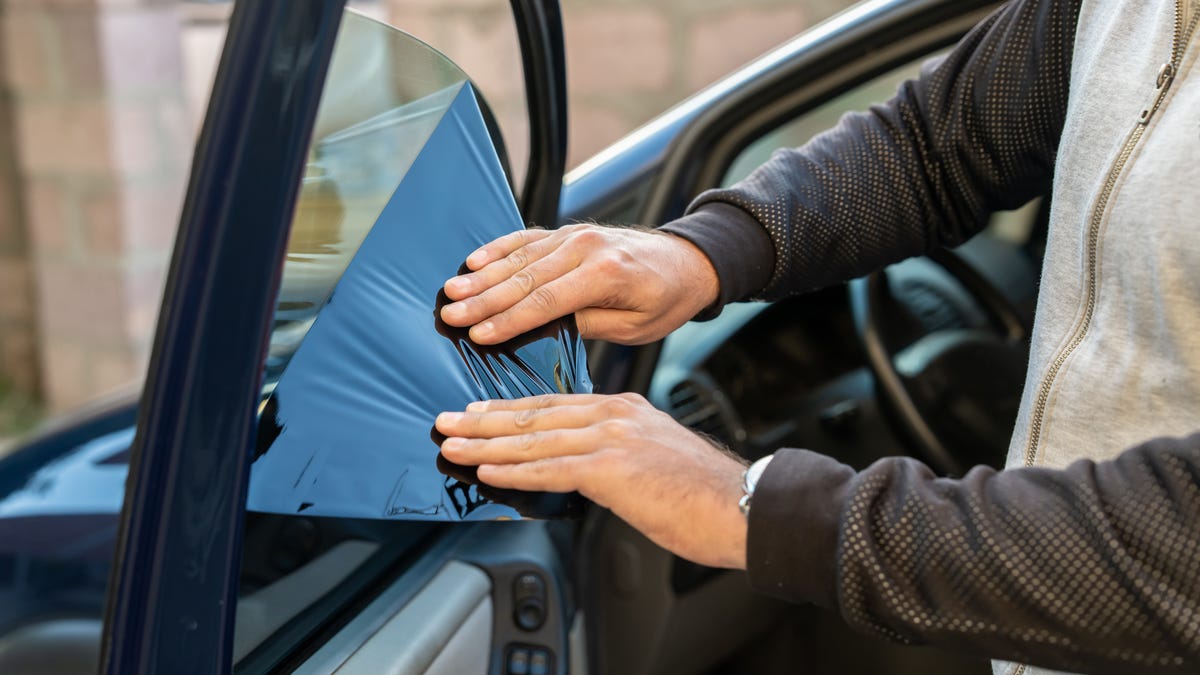Whether you are searching for a stylish look or more protection from the sun, tinting your car windows may sound like a great way to go. However, depending on where you live, window tinting may be against the law.
Window tinting is a process through which a thin limanate film is applied to the interior surface of window glass, according to AutoZone. While they may simply look stylish, tinted windows can also come with a variety of benefits such as the reduction of glare, protection from harmful UV rays, lower interior car temperatures, increased privacy and more.
On the other hand, as reported by AAA, a tint that is too dark can impair your visibility and make driving, especially at night, more dangerous.
Window tint can prevent a driver from communicating their intentions to other drivers and pedestrians, and vice versa, or may make it harder to break a window in case of emergency, AAA says.
There are generally four different types of tint, according to AutoZone, which says, “Deciding on the level of darkness or ‘shade’ of your window tint is a personal choice, but is also has legal implications you must respect.”
Window tinting regulations vary state-to-state with some being much stricter than others. Per Kelley Blue Book, most states limit the amount of tint on a car’s windshield and front windows.
Seven states, for example, require 70% light transmission on tinted windows, according to Kelley Blue Book. In New Mexico, as little as 20% light transmission is permitted on front windows.
Additionally, many states provide car window tinting exemptions for drivers with medical or vision-related conditions who need to limit their exposure to sunlight.
The Garden State has all sorts of unique driving laws. Here’s a look at what they say about tinted windows.
New Jersey state law does not allow window tint on windshields or front windows. However, you can tint your vehicle’s rear and back windows.
Additionally, those who sell or install window tinting materials in New Jersey are legally required to inform customers of the state’s laws.
While tinting your windshield and front side windows is generally illegal in New Jersey, there are some exceptions to the law. Per the NJ Motor Vehicle Commission, you may have your windshield and/or front side windows tinted, aka sunscreened, with a medical exemption.
Medical conditions included on the application include polymorphous light eruption, persistent light reactivity, and certain skin cancers, among other things.
The NJMVC offers a list of licensed tinting facilities, several of which are located in North Jersey.
To view the list, and instructions on how to obtain a sunscreening exemption, visit https://www.nj.gov/mvc/drivertopics/sunscreen.htm.












